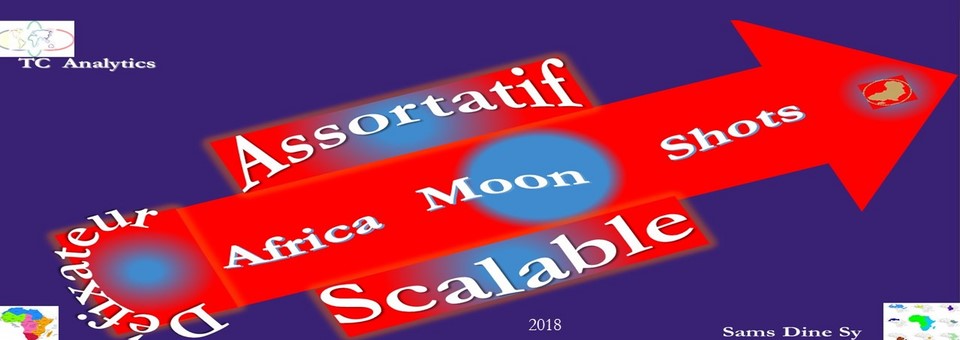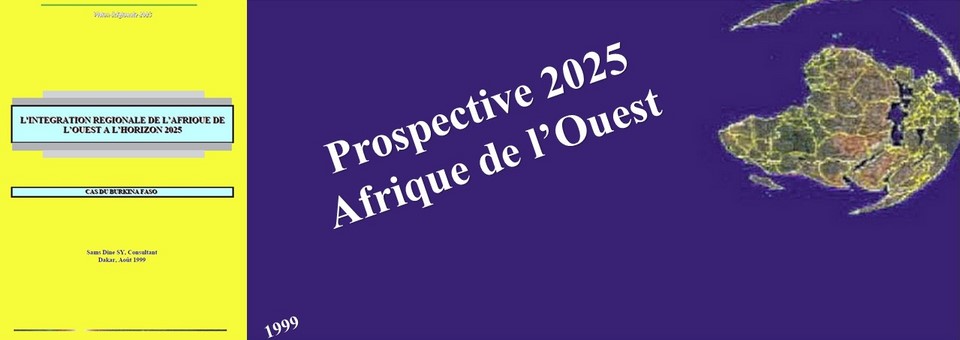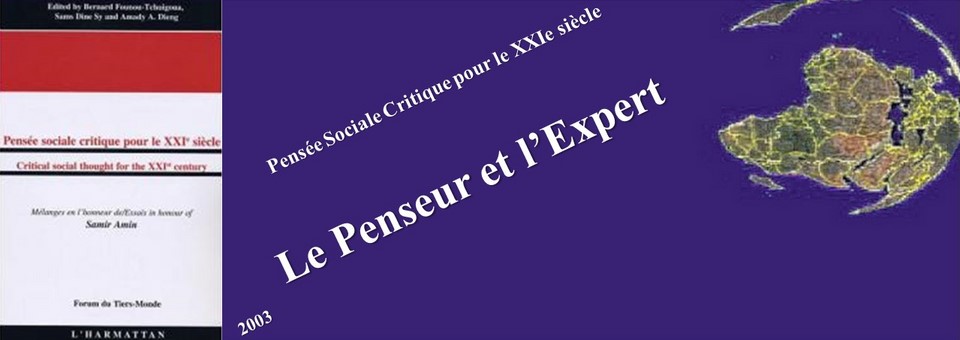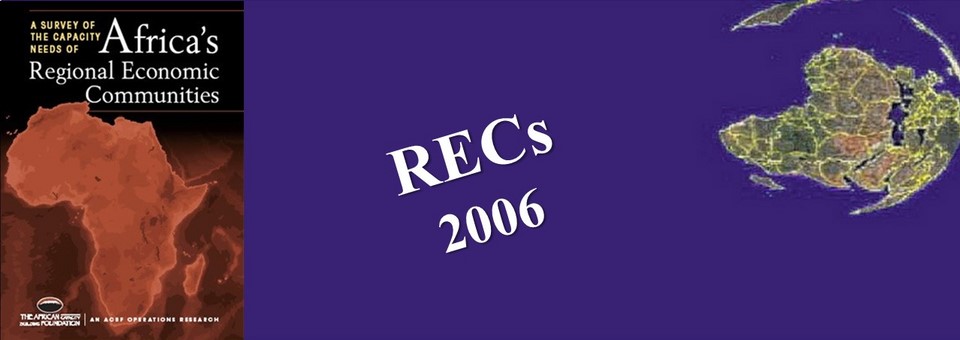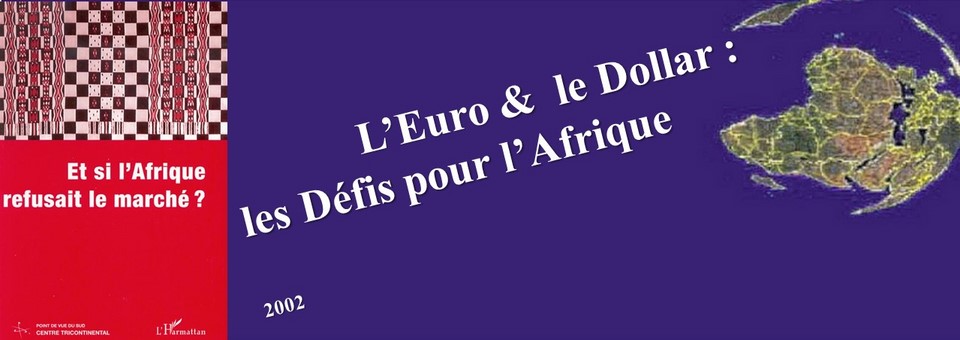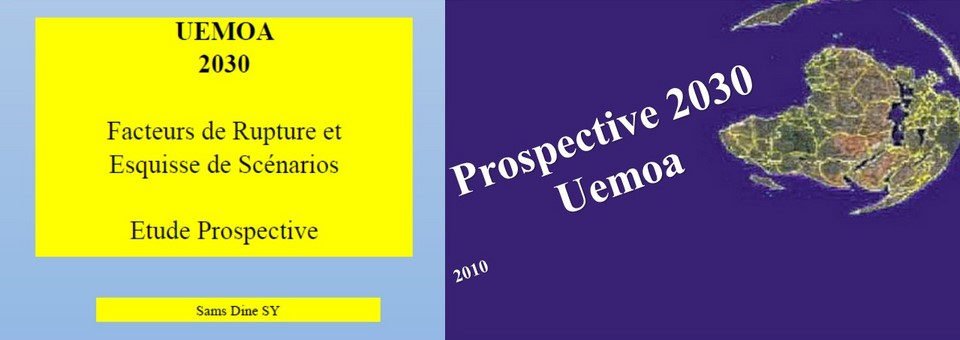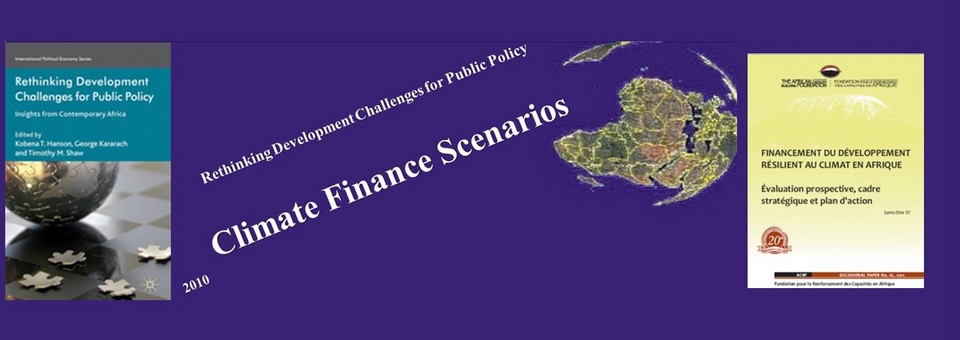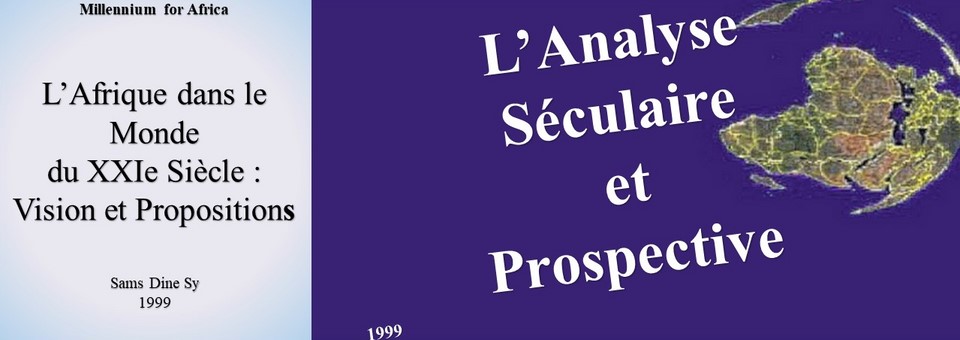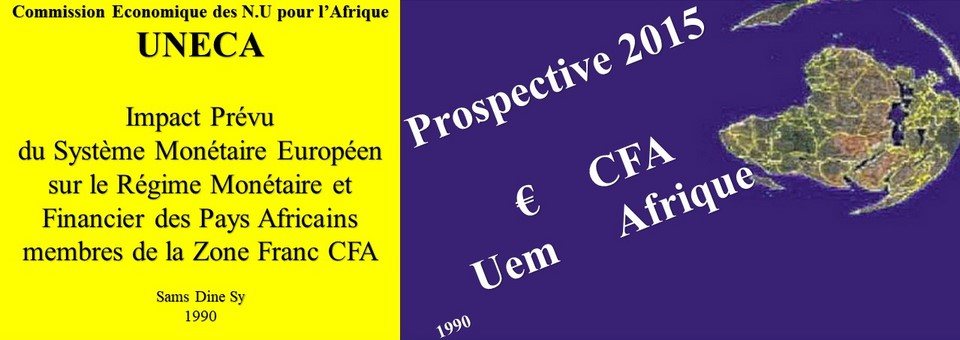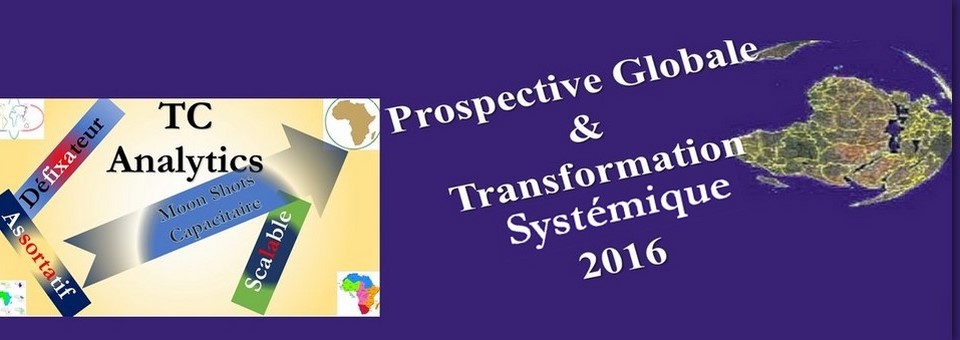POLICY ANALYSIS :
Deployment in AfricaWest Africa faces the challenge of the Euro and the Dollar
€, $ & FCFA
Since the abandonment in 1973 of the Bretton Woods agreements, national exchange rate regimes have evolved within the framework of a generalized floating (G1) and it is still the United States that continues to order the problem. The hegemonic position of the dollar, allows this country to slow down a forced landing, made more and more probable by the size of the U.S. current account deficit. The European Union, which has just adopted the Euro as the common currency of twelve member countries, has not managed to undermine the dominant position of the United States, despite an equivalent economic size. Competition between the three Triad currencies (Dollar/Mark and then Euro/Yen) is fierce, despite all the attempts to "sanctuarise" this geopolitical area by the G7 with the Plaza Agreement in 1985 and the Louvre Agreement in 1987, the 1995 and 1997 communiqués. At most, the major powers are succeeding in postponing the devastating effects of speculative attacks on developing countries or countries in the process of integration into the market economy. The serious exchange rate crises that have intensified, especially during the 1990s, have even pushed some of them to adopt the dollar as their national currency. The dollarization and the risks that a forced landing of the dollar poses to the world economy summarize the issues and challenges for the exchange rate regimes of developing countries.
Africa is not left behind. Exchange rate regimes are also characterized by a high degree of instability, depending on donor decisions which, through structural adjustment programmes, require monetary readjustment or regime change in the majority of countries. But relations with the dollar and the euro do not present themselves in the same way. Indeed, the number of countries that have chosen the greenback as their peg currency is increasingly low (3 in 1998 against 9 in 1980), whereas since its introduction in 1998, the Euro has inherited the 14 African member countries of the FCFA Zone (G2). The unpredictable evolution of the European currency makes it a matter of concern and its weakness against the Dollar gives additional arguments to those in favour of a full dollarisation. Will Africa be able to escape this process? Will it be able to take advantage of the room for manoeuvre created by the presence of the two world currencies in a zone of uncertainty and explore an alternative path?
Défis africains
EURO AND DOLLAR: Challenges for Africa, 2001
TOPIC
Towards the Creation of the Single African Currency: An Assessment of the Process of Creating the Single Currency in Africa.
What optimal approach to accelerate the advent of the single continental currency?
SUB TOPIC
1. The consequences (theoretical and empirical) of choosing a plan
and implications for the choice of an African model
2. Determinants of the choice of exchange rate regime in the context of the African economies
3. Economic and Monetary Union and its implications for countries
African: advantages, disadvantages and modalities;
4. Monetary policies implemented in the RECs: the case of the
ECOWAS, COMESA, SADC, and ECA, ...);
